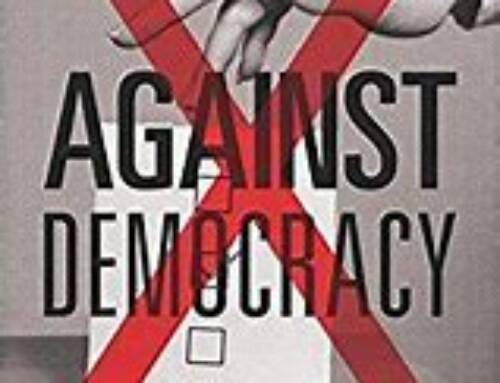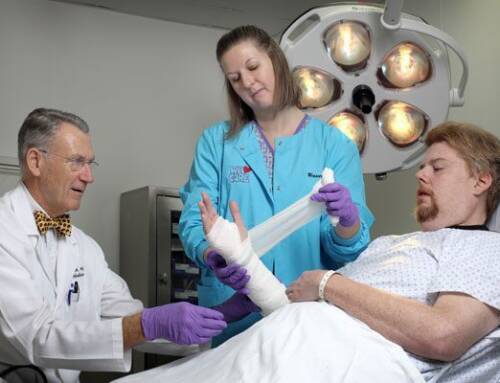Today’s post comes from guest author Kit Case from Causey Law Firm.
Signs of Chronic Stress:
Cognitive symptoms
• Memory problems
• Inability to concentrate
• Poor judgment
• Pessimistic approach or thoughts
• Anxious or racing thoughts
• Constant worrying
Emotional symptoms
• Moodiness
• Irritability or short temper
• Agitation, inability to relax
• Feeling overwhelmed
• Sense of loneliness and isolation
• Depression or general unhappiness
Physical symptoms
• Aches and pains
• Diarrhea or constipation
• Nausea, dizziness
• Chest pain, rapid heartbeat
• Loss of sex drive
• Frequent colds
Behavioral symptoms
• Eating more or less
• Sleeping too much or too little
• Isolating oneself from others
• Procrastinating or neglecting responsibilities
• Using alcohol, cigarettes, or drugs to relax
Take the Stress Test for Adults:
Thomas Holmes and Richard Rahe in 1967, examined the medical records of over 5,000 medical patients as a way to determine whether stressful events might cause illnesses. Patients were asked to tally a list of 43 life events based on a relative score. A positive correlation was found between their life events and their illnesses.
Their results were published as the Social Readjustment Rating Scale (SRRS), known more commonly as the Holmes and Rahe Stress Scale.
To measure stress according to the Holmes and Rahe Stress Scale, the number of “Life Change Units” that apply to events in the past year of an individual’s life are added and the final score will give a rough estimate of how stress affects health.
Note: the table, below, is from the Wikipedia page on this subject. For a fee of $5.00, you can go directly to Dr. Rahe’s website and obtain the full test materials as well as background information and details of this and other products and services available.
To measure stress according to the Holmes and Rahe Stress Scale, the number of “Life Change Units” that apply to events in the past year of an individual’s life are added and the final score will give a rough estimate of how stress affects health.
| Life event | Life change units |
|---|---|
| Death of a spouse | 100 |
| Divorce | 73 |
| Marital separation | 65 |
| Imprisonment | 63 |
| Death of a close family member | 63 |
| Personal injury or illness | 53 |
| Marriage | 50 |
| Dismissal from work | 47 |
| Marital reconciliation | 45 |
| Retirement | 45 |
| Change in health of family member | 44 |
| Pregnancy | 40 |
| Sexual difficulties | 39 |
| Gain a new family member | 39 |
| Business readjustment | 39 |
| Change in financial state | 38 |
| Death of a close friend | 37 |
| Change to different line of work | 36 |
| Change in frequency of arguments | 35 |
| Major mortgage | 32 |
| Foreclosure of mortgage or loan | 30 |
| Change in responsibilities at work | 29 |
| Child leaving home | 29 |
| Trouble with in-laws | 29 |
| Outstanding personal achievement | 28 |
| Spouse starts or stops work | 26 |
| Begin or end school | 26 |
| Change in living conditions | 25 |
| Revision of personal habits | 24 |
| Trouble with boss | 23 |
| Change in working hours or conditions | 20 |
| Change in residence | 20 |
| Change in schools | 20 |
| Change in recreation | 19 |
| Change in church activities | 19 |
| Change in social activities | 18 |
| Minor mortgage or loan | 17 |
| Change in sleeping habits | 16 |
| Change in number of family reunions | 15 |
| Change in eating habits | 15 |
| Vacation | 13 |
| Christmas | 12 |
| Minor violation of law | 11 |
Score of 300+: At risk of illness.
Score of 150-299+: Risk of illness is moderate (reduced by 30% from the above risk).
Score 150-: Only have a slight risk of illness.
Recommended methods for relieving chronic stress include exercise (which can be modified to accommodate physical restrictions after an injury), meditation, music therapy, breathing techniques, and such simple things as companionship – from a pet, friend or family member.







